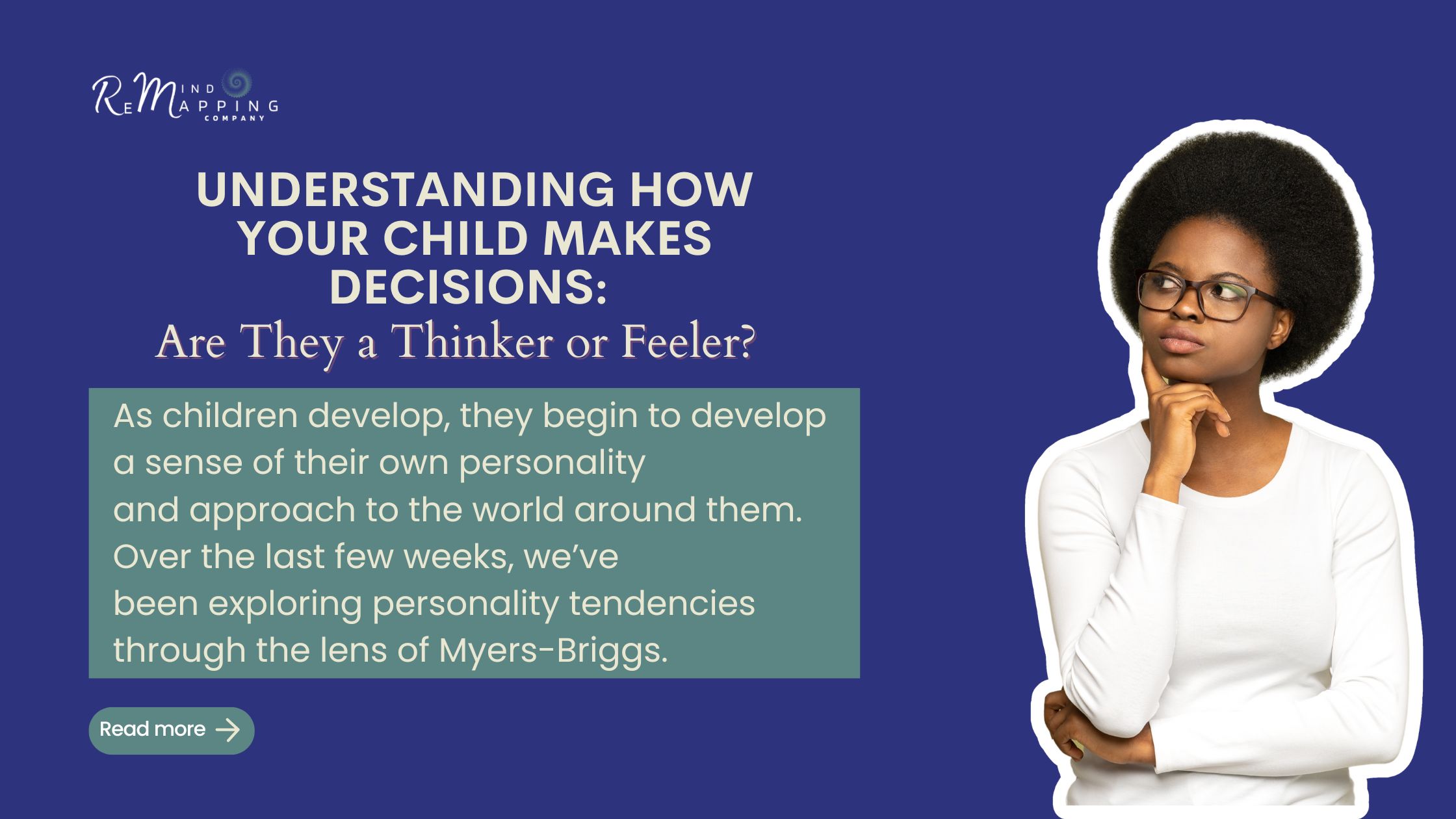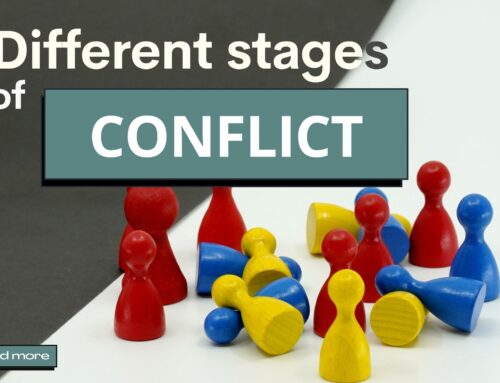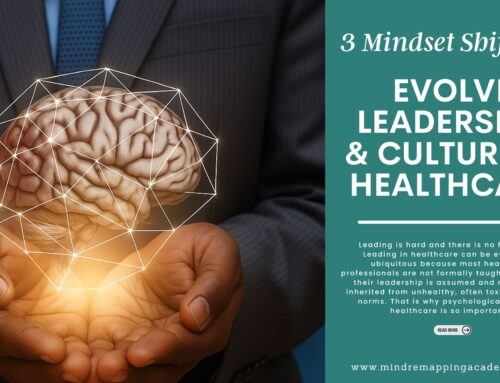
As children develop, they begin to develop a sense of their own personality and approach to the world around them. Over the last few weeks, we’ve been exploring personality tendencies through the lens of Myers-Briggs. We’ve covered the Introvert-Extrovert polarity (Listen to Podcast Episode 150 Here), the Sensor-Intuitor (Listen to Podcast Episode 153), and The Perceiver-Judger (Read More Here). The last two polarities through this lens are the thinker and the feeler.
The thinker-feeler dichotomy represents how we make decisions. Thinkers typically evaluate situations and make decisions based purely on fact, while the Feeler makes decisions and evaluates based on their values and relationships in the situation.
Therefore, your thinker children may be analytical and logical in their approach to problem-solving and decision-making. Thinkers tend to be more objective and impartial in their decision-making, relying heavily on facts and data to make choices.
On the other hand, your feeler child will prioritize what’s important to them in decision-making. It doesn’t mean they don’t consider the facts, it simply means their values and relationships usually carry more weight than the facts alone. Feelers will be more empathetic and in tune with their emotions about a certain circumstance. They also rely on their intuition and may be more likely to prioritize the needs and feelings of others over their own desires.

Last fall my 8-year-old son was running in his first non-competitive 1-mile race for school, and his two friends, Luke and Wyatt were participating with him. At the beginning of the race he had shared that he wanted to run the race in less than 10 minutes, however, it took him about 15 minutes to cross the line. When I asked about how he felt about the race, he shared with me that he felt fine but he could have done it faster if he hadn’t stopped with his friends. I asked him, why did he stop. He said, “Well, they needed to stop and rest and I didn’t want to leave them behind.” I acknowledged him for his compassion and consideration for his friends, and as we went on to talk about it more it came out that he was also concerned that if he had gone on ahead his friends would be upset with him. In this case, my son was demonstrating that he was weighing and prioritizing the relationship over his own desires in the decision of running ahead to meet his goal. I shared with him that while it’s great to support our friends if they get upset when we are striving and reaching our goal, that may be an indicator of an unhealthy friendship. I gave him some guidance on how to communicate with his two friends next time if he wanted to keep running to reach his goal. Putting that advice to use, he was able to run his next race at his goal and the following race in 9 minutes.
So, as parents and caregivers, it is important for us to understand the unique needs and tendencies of each type of child in order to support their growth and development. For example, you may provide opportunities for your thinker children to explore and engage with the world around them in a logical and analytical way. They may enjoy puzzles, math games, or other activities that challenge their intellect and problem-solving skills. It is also important to encourage them to express their emotions and feelings in a safe and healthy way, as this can help them develop a more well-rounded perspective on the world.
For feeler children, it is important to provide opportunities for them to understand their values, and to express and explore their emotions. This can include therapeutic play, art activities, journaling, or other forms of creative expression. It is also important to help them to evaluate facts as well so that they do not become unbalanced in putting others’ needs before their own. Similarly, helping them to weigh the facts will help them to develop discernment for when they could be in an unhealthy relationship or environment allowing them to more easily exit these types of situations.
Regardless of whether a child is a thinker or a feeler, it is important to provide them with a supportive and nurturing environment that allows them to explore and develop their unique strengths and abilities. It is also very useful to know our own tendencies so that we can better modify our communication to empower our children and develop ourselves in our own deficiencies. By understanding and embracing the unique personality traits of each child, we as parents and caregivers can help them thrive and reach their full potential.
Join our NLP community. Learn more about our next NLP training. Expand your listening capacity, learn trauma informed communication, help your children, clients, or loved ones navigate challenges with ease. Go to www.mindremappingacademy.com to learn more about our trainings or visit www.remapmymind.today To Schedule a NLP Training interest Today.










